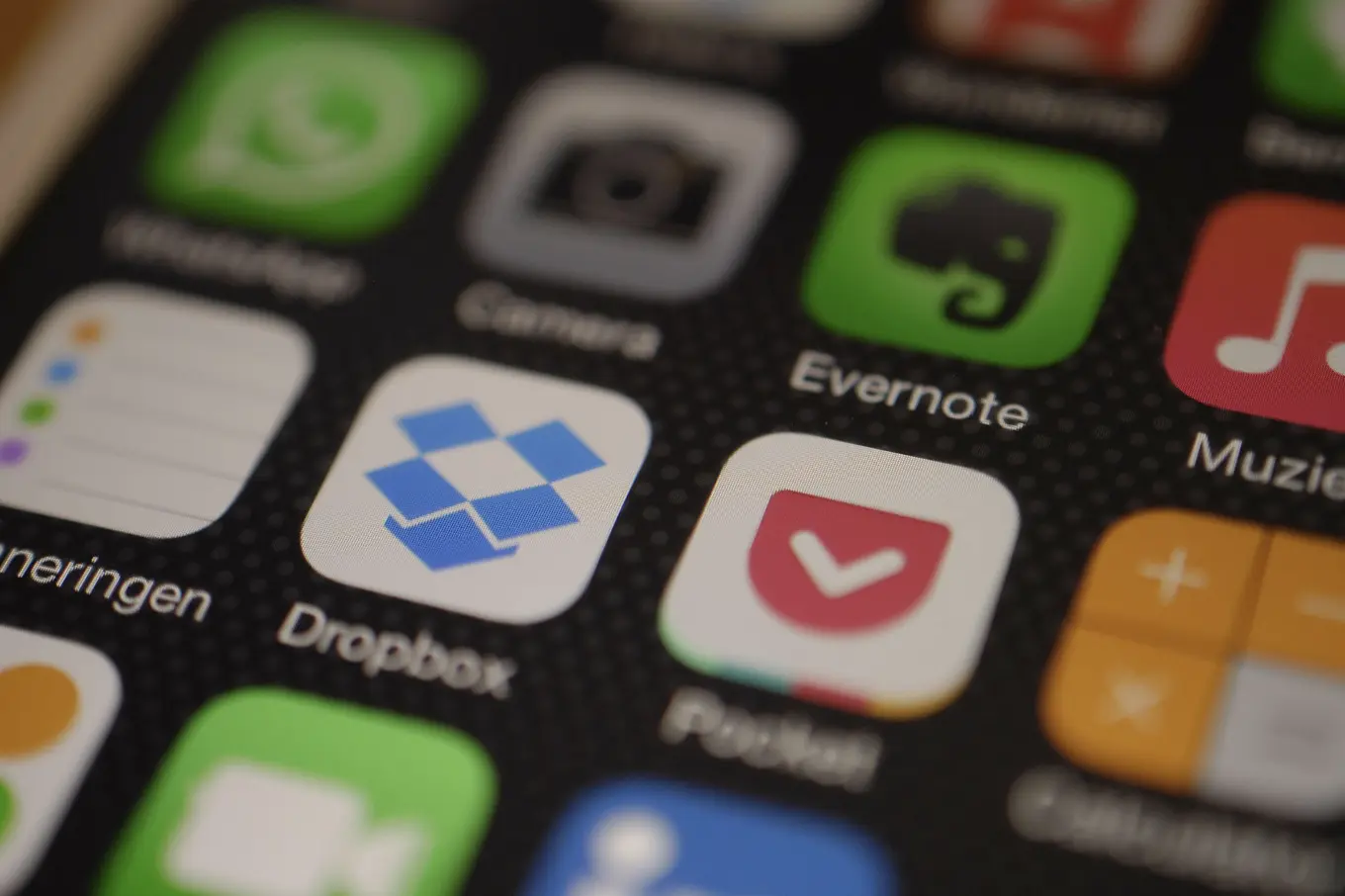Gaming apps are no longer just simple platforms for entertainment—they have become complex ecosystems driven by technological innovation. From real-time data integration to biometric security, the rise of mobile betting and gaming apps is fueled by tools designed to maximize both user experience and platform efficiency. This article dives deep into the core technologies transforming the gaming app industry, using real stats, tech trends, and verified sources to explain how everything works under the hood.

Real-Time Data Tracking
Gaming apps are now capable of synchronizing live sports data with app interfaces in milliseconds. This real-time data tracking technology allows users to receive dynamic odds, changing moment by moment depending on the flow of the game or race. The constant refresh of odds ensures that users can make smarter, time-sensitive decisions. This is especially crucial in in-play betting, where the timing of a wager can significantly impact its outcome. Apps use sports data APIs and algorithms to reflect ongoing changes without delay.
Artificial Intelligence and Machine Learning
AI is no longer an optional luxury; it is a requirement in the gaming app market. AI models parse through thousands of user behaviors—past betting history, game choices, win/loss patterns—to offer personalized game suggestions and betting options. These predictive insights go beyond basic recommendations. Machine learning continuously adapts based on new user input. It helps in fraud detection, determining player risk profiles, and customizing experiences that can increase user retention by up to 35%, according to 2025 projections reported on Business of College Sports.
Encryption and Biometric Authentication
User security has become a paramount concern for gaming platforms. Apps use 256-bit SSL encryption to ensure all transactions and communications are secure. But that is just the first layer. Biometric login features like fingerprint and facial recognition now add another dimension to authentication, reducing unauthorized access risks. The latest gaming platforms also implement tokenized payment systems, which mask sensitive data during transactions. These innovations guarantee safer deposits and withdrawals, giving users more confidence in their gameplay.
Casino Apps and Dynamic Engagement
Casino apps are at the forefront of using AI algorithms, live dealer streams, and gamified mechanics to hook users. According to Nerdbot’s March 2025 report, top casino apps integrate back-end AI layers read user signals in under 0.2 seconds. This information is then used to generate personalized offers, such as free spins or deposit bonuses, increasing user retention. The same platforms employ microservices architecture to scale these features independently, avoiding system-wide disruptions. Casino apps also support cross-device synchronizing, so players can switch between mobile and desktop mid-game.
Real-Time Sportsbook Platform Optimization
Behind every dynamic sportsbook lies an algorithm working overtime to calculate probabilities, manage risks, and balance odds. These algorithms ingest live sports data and user betting behaviors simultaneously to balance the betting books. High-speed cloud processing means thousands of calculations are handled instantly, enabling bookmakers to mitigate potential loss margins. As detailed in Sea Isle News, sportsbooks now use AI-driven trading desks capable of flagging suspicious activity and alerting fraud detection systems in real time.
Payment Gateway Innovation
Digital wallets, blockchain payments, and instant withdrawal systems are setting new standards. Top gaming apps now support Apple Pay, Google Pay, Skrill, and even cryptocurrency wallets. Payment processing is integrated with KYC (Know Your Customer) protocols to reduce delays. Fast payment processing encourages frequent betting and retains high-volume users. AI-backed monitoring systems also detect duplicate or suspicious payments, ensuring regulatory compliance while maintaining fluidity in cash flow.
Push Notifications and Behavioral Triggers
Modern gaming apps use behavioral triggers to send push notifications at optimal moments—like notifying users when their favorite team is about to start a match or when special odds are released. AI determines the best timing and message based on the user’s engagement history. For example, if a user consistently bets on NBA games, the app will notify them before tip-off or during a timeout window. These real-time nudges result in higher click-through rates and greater in-app activity.
Cloud Infrastructure and Uptime
Gaming apps rely on cloud platforms like AWS, Microsoft Azure, and Google Cloud to handle massive data loads. These services offer distributed servers that maintain app performance even under traffic spikes. Containerization tools such as Docker and Kubernetes allow developers to deploy updates without causing service interruptions. As gaming apps grow, multi-region hosting ensures that users in North America, Europe, or Asia get the same high-speed experience.
User Interface (UI) and UX Enhancements
UX and UI play a massive role in user retention. Apps now undergo continuous A/B testing to evaluate which layouts, button sizes, color schemes, and animations lead to more engagement. Gamification elements like progress bars, loyalty tiers, and achievement unlocks are coded into the experience to make gameplay more interactive. These UI adjustments are not made randomly; they are based on heatmaps, behavioral analytics, and session replays that track every tap, scroll, and exit.
Regulatory Tech (RegTech) Integration
Gaming apps must adhere to regulations based on jurisdiction—what is allowed in the UK might be banned in India. RegTech helps platforms automate compliance with tools that geo-tag users, flag underage access, and ensure advertising aligns with local laws. These systems run real-time checks and auto-update based on changing legal requirements, preventing heavy fines and license suspensions. Gaming platforms, especially if they include iGaming or real-money games, should consult an attorney specializing in video games to ensure compliance, data safety, and intellectual property protection. RegTech also supports identity verification and AML (Anti-Money Laundering) protocols for smoother onboarding.
Final Thoughts
Technological innovation in gaming apps is not just a trend—it is a necessity in a hyper-competitive market. From AI-powered personalization to encryption-backed payment gateways and real-time sportsbook updates, every feature is meticulously crafted to elevate the user experience and operational efficiency. The platforms that adapt fastest are the ones setting the standards, and with tools like casino apps, predictive AI, and biometric security becoming mainstream, the future of gaming has never looked more advanced.



